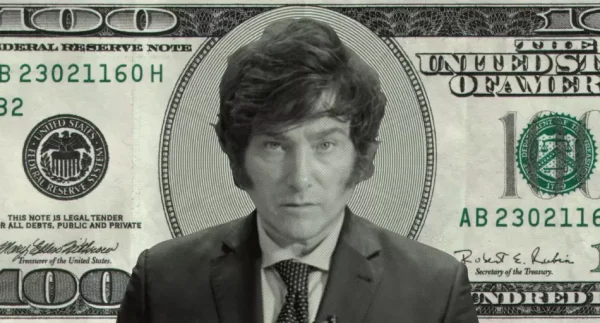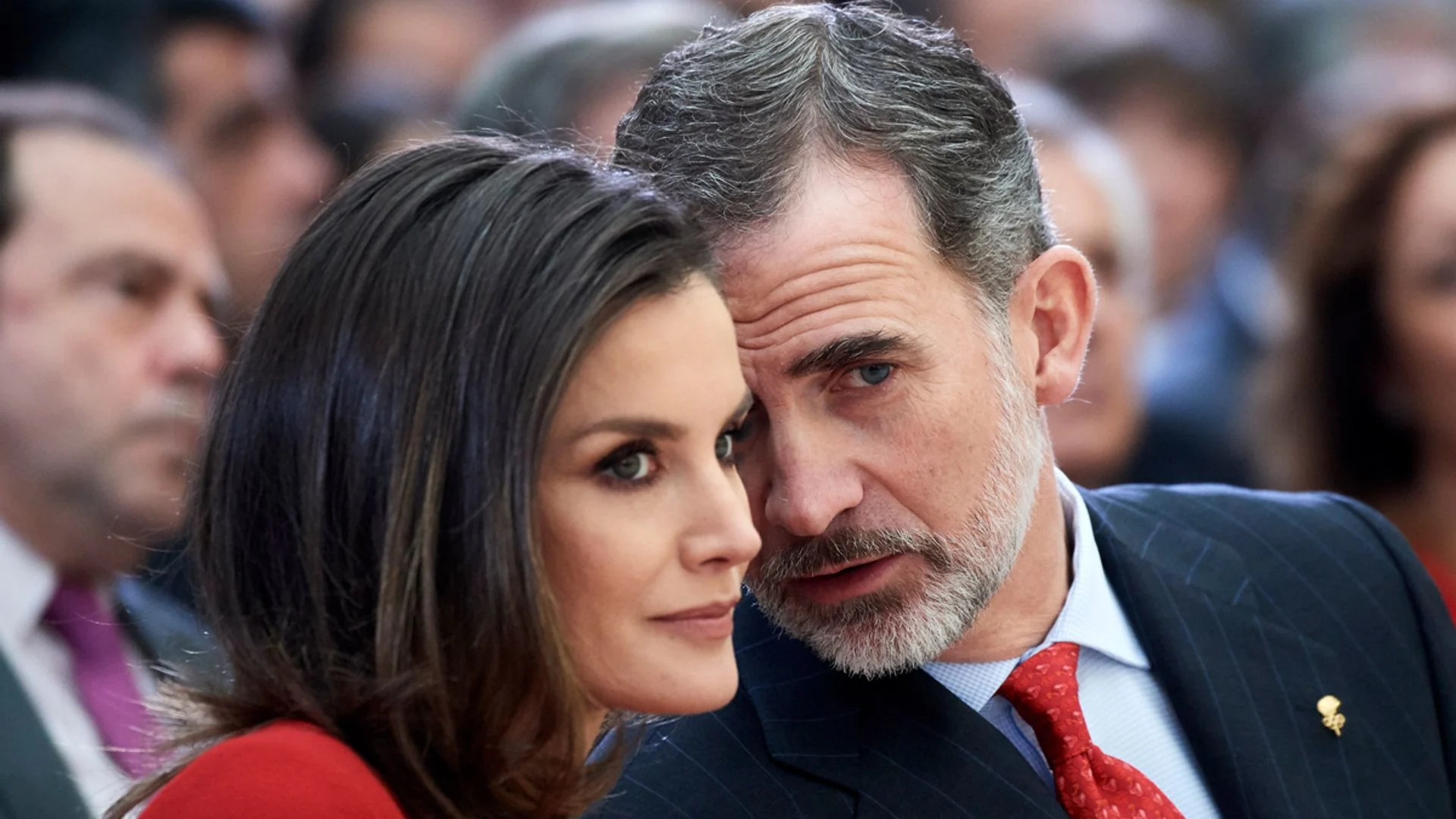HAVANA TIMES – The recent victory of Javier Milei in the presidential primaries in Argentina did not leave anyone indifferent and shows the rapid rise of the ultra-right in our countries, which has taken advantage of voter anger and discomfort. Likewise, a vote desperately seeking a way out of traditional politics, unable to deliver certain minimum levels of security and dignity to people, deepened by the pandemic.
Milei’s rise does not mean that Argentine society has turned ultra-right from one day to the next or that they embrace the fundamentalist ideals of a new libertarian fascism of the market. One which puts economic freedom above democracy and civilizing minimums of the Western world, typical of political liberalism.
The problem is that Milei’s discourse is seen as a way out, by using anti-caste and anti-elite rhetoric, which takes advantage of citizen discontent, a product of the economic crisis and state corruption. He proposes an idea of idiot capitalism, which completely leaves out of discussion and criticism the role of an economic caste, which is the one that has ultimately benefited the most from the current capitalist crisis.
With this, of course, it is not about exonerating the Argentine political class and particularly what is known as Kirchnerism from responsibility for a historic anti-Peronist vote and a very bad candidate such as Sergio Massa. However, the installation of Milei’s antisocial and state-phobic discourse should not be allowed to take hole, as it is totally unsustainable in any democracy.
Hence, Milei’s libertarian fascist discourse dwarfs what has been proposed by figures like Bolsonaro and Trump. He proposes a crude economic focus incapable of seeing basic power relations and thus proposing an almost religious morality with respect to the business sector, by sacralizing it at all times. It’s as if we should be constantly thanking them for the benefits they would give us.
Consequently, Milei explicitly states that businessmen are social benefactors, for the mere fact of providing goods and services as for giving us jobs. Exactly what has given them the same concentration of wealth, labor exploitation and socio-environmental disasters that their actions often generate. To him, the corrupt are always the politicians, while the businessmen are pure and righteous beings.
For this reason, the deep admiration that Milei feels for characters such as Axel Kaiser, Jose Antonio Kast and the so-called Chilean economic miracle, imposed during the Pinochet dictatorship and deepened with the return of democracy. A policy that privatized practically everything and indebted families to extreme levels to be able to pay for such basic things as education, health, housing and to survive during retirement, given the miserable pensions provided by the private AFP system.
But that does not matter to Milei, nor does it matter that in Chile the richest 1% concentrate 49.6% of the wealth, far surpassing countries like Russia, the United States, Brazil and Argentina, and that certain Chilean economic groups, given their power, have financed the political class for decades and have also colluded in the prices of food and medicines in a criminal manner.
Milei sees nothing wrong that such a concentration of economic groups in Chile such as Luksic, Matte and Angellini appropriate the country’s natural wealth, destroy ecosystems with impunity and consume massive amounts of water, since these mining, forestry and agro-export mega-companies provide employment.
On the contrary, Milei’s brand of capitalism reaches such an extent that, apart from admiring a socially and environmentally unsustainable Chilean model, he proposes a retro-utopia, which yearns for the return of Argentina’s supposedly glorious past of 100 years ago. Back then, Argentina was a country with the highest GDP, but without industry, with almost no labor rights and totally dependent on selling raw materials to the international market.
That said, Milei disguises herself as an outsider, an anti-system rebel, while taking advantage of the inflationary crisis in Argentina and the impoverishment of the people. However, he is only proposing an unviable country, through extreme measures that go from eliminating several ministries, eliminating the Council of Scientific and Technological research, the Central Bank, cuts in Education and drastically reducing taxes. Within his economic fundamentalism, taxes are robbery and a criminal act of the State.
In short, if Javier Milei becomes president of Argentina, which is posible, we will see what he is capable of doing, considering the few deputies and senators that his La Libertad Avanza party will obtain. In order to govern he will be obliged to give in politically, having to leave his libertarian purity aside and see himself as one of the caste that he himself criticizes.





